ACCESS READS: CHANGING MINDSETS
Martin Elks, who began his career as a psychologist for the Victorian government before completing a PhD in disability studies at Syracuse University, is a behavioural specialist in the areas of self-determination, school inclusion and advocacy. He writes about mindsets and how critical they are to attitudes, assumptions and expectations.
In this article Elks outlines what is required to change a mindset and why it can be hard, and that it is the extent to which new mindsets are embraced which determine their effectiveness in change.
When a family learns one of their own has a disability or chronic illness it is the start of a journey filled with emotion, difficult choices and countless interactions with different professionals and specialists.
Across the various agencies and communities these families engage with and interact a variety of different mindsets and perceptions exist often getting in the way of genuine partnerships between caregivers and professionals.
Driven by an ongoing need for information and services this can be frustrating for families and caregivers and why mindsets matter.
Mindsets are a particular mental framework of attitudes, beliefs, assumptions and expectations. They determine thoughts and reactions to many situations and are significant because of their consequences.
Environmental, attitudinal and institutional barriers—or entrenched mindsets—often inhibit people with disabilities, thwarting community participation, doing the things they like and going where they want to go.
According to Martin Elks, an Australian behavioural specialist and specialist in self-determination, school inclusion and advocacy, there are five typical mindsets in the disability paradigm.
- The Special Programs Mindset
Perhaps the dominant mindset, especially with regards to intellectual and developmental disabilities, this predisposition assumes separate, ‘special’ programs such as schools, transportation, teachers, games and workshops are necessary for ‘special people.’ - The Personal Tragedy Mindset
Disabled people, via this lens, are viewed as victims of a personal tragedy or an unfortunate consequence of ‘bad luck’. Financial compensation and charitable actions from compassionate people are required to help these ‘victims’ deal with their circumstances. - People with Disabilities as Objects to be Fixed Mindset
People with disability when regarded via this mindset are not seen as people but ‘collections of behaviours’ that need to be ‘improved’ through programs and regimes. People with autism for example are particularly vulnerable to this mindset, often forced to undergo harsh reward and punishment programs to ‘reshape’ their behaviour to better match what is socially acceptable. - Risk Management Mindset
This mindset assesses each new course of action according to its potential to negatively impact on a person or organisation’s existing program budget, image, political profile or reputation. New initiatives are only implemented if the assessed risk is minimal or adequately safeguarded or considered to be otherwise acceptable. - Inclusion Mindset
Disability is seen as a difference rather than a deviance and a natural and universal part of life rather than an abnormal condition to be cured, treated or prevented. This mindset believes services and supports should be developed using person-centred approaches and that disabled people should live in their community and make their own decisions about their lives.
Elks describes how throughout his career, initially as a psychologist for the Department of Mental Retardation in Victoria and then–after doctoral research into disability studies–as a behavioural specialist, he has adapted his own mindset to accommodate new theories and discoveries in the field which informed his practice;
“My mind has changed significantly at least three times in the course of my professional career. These changes include letting go of the Special Programs and Objects to be Fixed mindsets and adopting Social Model and Person-Centred mindsets. I also changed from an individualistic behaviour management approach to a family systems and positive behaviour supports mindset. I changed my mind as a result of exposure to new ideas and new theories that made sense of my experiences and embodied a vision I could identify with.
I have [also] learned that while some people change their mindsets quite readily others take a lot of convincing and some never change their minds, [and] while individuals may be convinced of the need to change, changing a society’s mindset is a much more complicated process.”
Being aware of and understanding different and often competing mindsets Elks argues is, “Crucially important because mindsets interact with policy initiatives in ways that can expand or reduce the impact of the policy on the lives of people with disabilities.”
The behavioural specialist concedes changing one’s mind can be difficult.
“Talking about mindsets is a lot easier that actually changing mindsets. Old mindsets may take generations to disappear and the consequences of past mindsets can last for centuries and can become deeply ingrained in society, for many reasons;
- Most people think their personal mindsets are true and correct and do not need to be changed. This is not surprising since humans have a bias towards searching out evidence in support of their existing personal opinions and assumptions and rejecting evidence that may contradict these
- Many people have a bias towards maintaining the status quo, not necessarily out of a rational examination of all the evidence but because it is easier to continue as they have always done in the past. New ideas bring risks and unforeseen consequences which can be unsettling
- Sometimes the reasons for the continued existence of programs are not the benefits they provide to their users but due to meeting other interests such as providing employment or assisting the local economy or even simply out of tradition.
“Thinking new thoughts and having one’s assumptions challenged can be difficult. It can take a great deal of courage to be open-minded and willing to look at new ideas as non-prejudicially as possible. New mindsets may also be perceived as embodying an implied criticism of the past which can lead to defensiveness” he says.
This difficulty Elks is describing could be due to what Stanford psychologist Carol Dweck, a pioneer of research on Mindsets, has defined as; ‘Fixed Mindsets’ and ‘Growth Mindsets’.
Those with a Fixed Mindset, according to Dweck, “assume character, intelligence, and ability are static givens which can’t change in any meaningful way”. Those with a Growth Mindset on the other hand, “thrive on challenge and see failure not as evidence of unintelligence but rather as opportunity for growth and stretching existing abilities.”
What it takes to Change Mindsets
Martin Elks describes the factors required to bring about change one mind at a time:
- Personal experience with disability, personal relationships with people with disabilities and education are essential. They lift the veil of complacency that surrounds and obscures injustice, prejudice, life-wasting, stereotyping, discrimination, stigma and disadvantage and how these prevent the realization of the talents and contributions people with disabilities can make
- Over time these issues and injustices become overwhelming. After meeting others in similar circumstance to their own, people realise their private problems are shared by many in what is a systemic and widespread devaluation of people with disabilities
- Leaders agree it is time to organise for change. This involves implementing any number of activities in a planned manner, perhaps involving protests and other disruptions to “business as usual”
- A well-articulated description of the current problem and a vision of a better way forward is developed. We are working for the day when children grow up with friends and neighbours with disability in their schools and communities and think this is the way it has always been and are shocked when old people tell stories about how it used to be
- Leaders who embrace and advocate for the new vision become highly visible. Such leaders are hard to find but are essential for change. These leaders have a sense of justice, are open to new ideas, want to do things well and not just adequately, have an idealistic vision about what could be and are willing to accept the costs involved in advocacy
- Competent, ongoing, relevant education and training about the rationales and evidence in favour of the new mindset, especially emphasizing points of coherency with prevailing broader cultures and worldviews, are developed and offered widely.
Elks concedes all of the above takes time, however being part of changing mindsets and improving the lives and life circumstances of people with disabilities is rewarding and worthwhile.
—
This article is derived from Martin Elk’s Changing Mindsets originally published in the ‘Crucial Times’ by the Community Resource Unit Inc, Brisbane Australia. (June, 2014)
CONTINUE READING:

WHAT IS INCLUSION
The promotion, adoption and implementation of inclusive practices, which involves changing policies, practices and attitudes within schools.
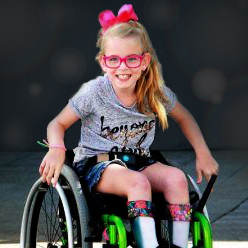
HOW WE INCLUDE
Inclusive classrooms and schools embrace universal design as the foundation for cultivating inclusive attitudes and practices.
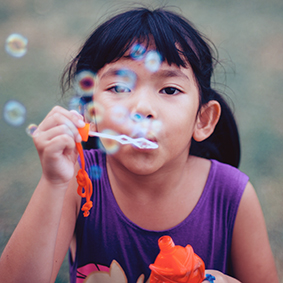
CHANGING MINDSETS
Bringing about change one mind at a time is integral to improving the lives of people with disability.
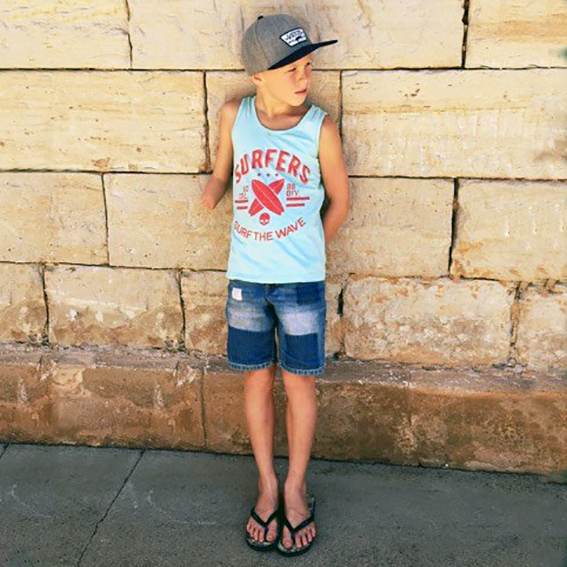
AUSTRALIAN EXPERIENCE
Exemplar inclusive educational practices are happening in Australia. See the possibility and potential of Inclusion here and now.
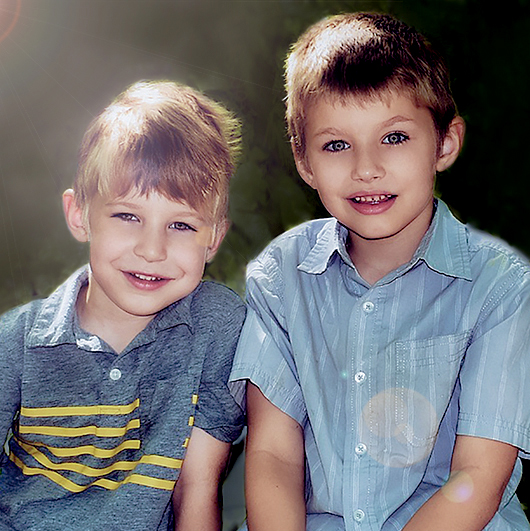
WHY INCLUDE
All children have the right to be included, to be represented in, to have access to and to receive high-quality education and supports.
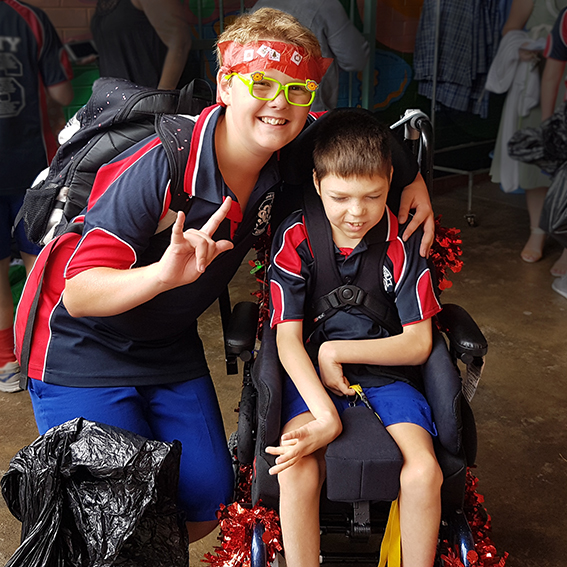
TEACHER IMPACT
All classroom teachers have a role in creating schools & learning environments where all children can learn and feel they belong.
YOU MIGHT ALSO LIKE ACCESS TALKS:
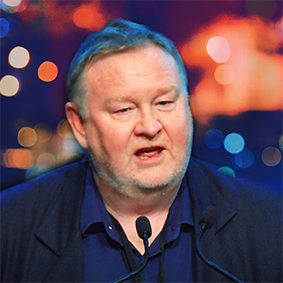
WHAT IS INCLUSION
The promotion, adoption and implementation of inclusive practices, which involves changing policies, practices and attitudes within schools.
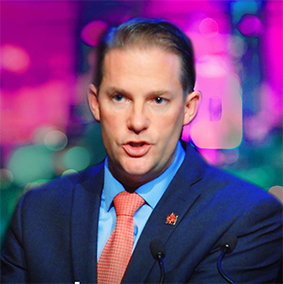
HOW WE INCLUDE
Creating inclusive classrooms & schools starts with vision, policy, systems change, curriculum design and teaching practice.
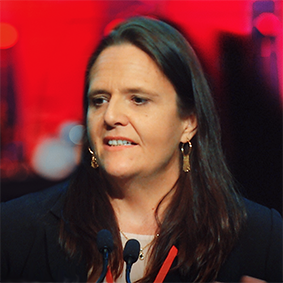
WHY INCLUDE
High quality education & supports enable all students to acquire success in their education and is the basis of an inclusive life and society.
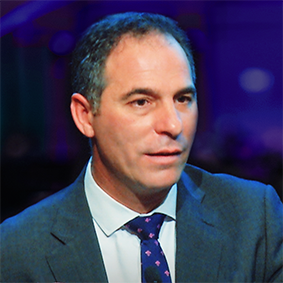
TEACHER IMPACT
All classroom teachers have a role in creating schools & learning environments where all children can learn and feel they belong.
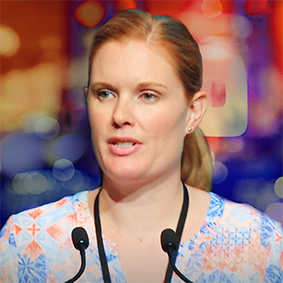
CHANGING MINDSETS
Whole school transformation requires courage, leadership & honest reflection to identify the need for change and set about making it happen.
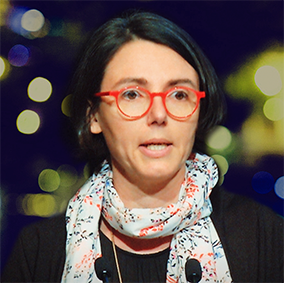
AUSTRALIAN EXPERIENCE
Exemplar inclusive educational practices are happening in Australia. See the possibility and potential of inclusion here and now.
A FAMILY ADVOCACY INITIATIVE
This site is edited and maintained by the Advocacy and Leadership Development team.
Image attributions: Photos supplied and screenshots from Access Symposium videos.

